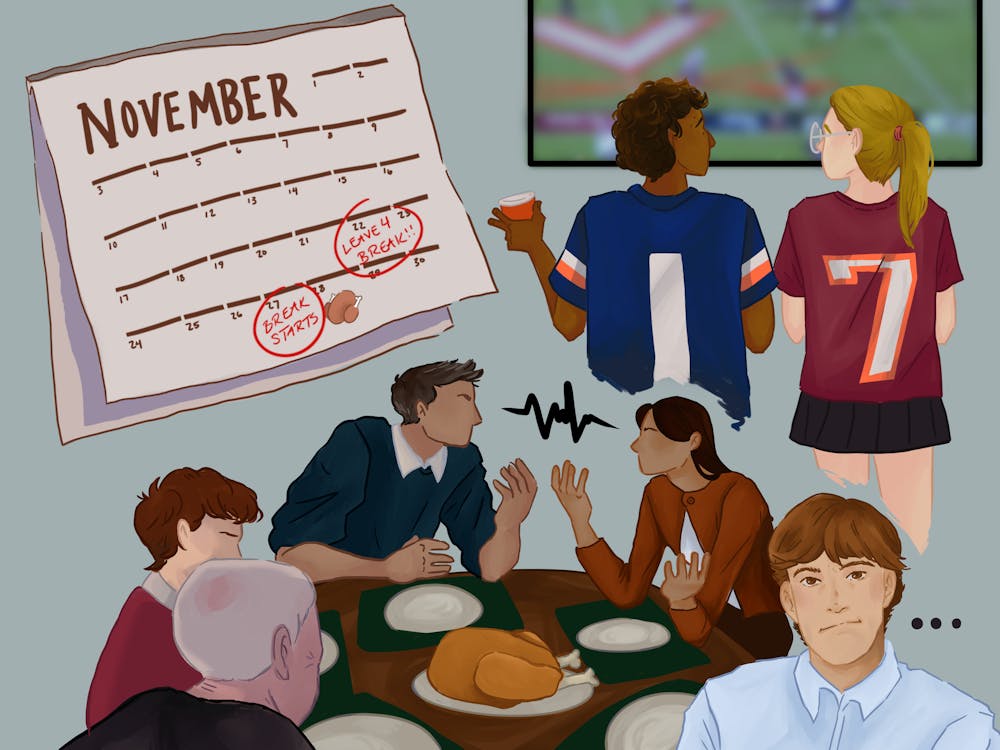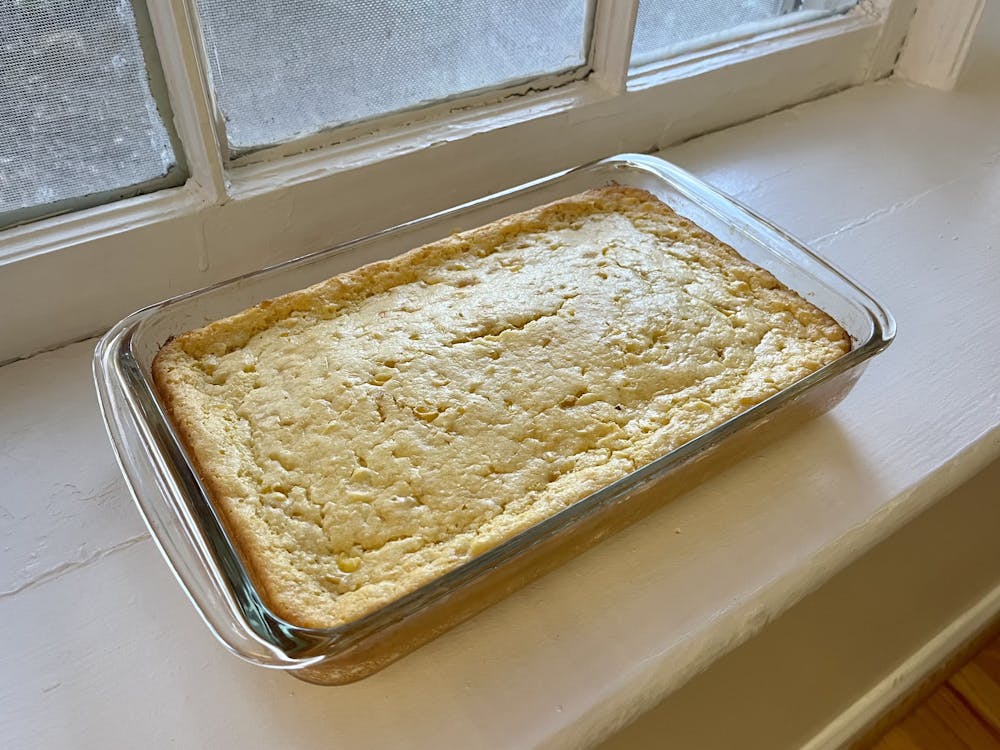This semester, nearly all of my professors set the same ground rule during their first lecture – notes were to be taken via pencil and paper, no laptops allowed.
Nervously, I pulled out the single notebook I purchased for college and the lone pen sitting at the bottom of my bag. This couldn’t possibly be more efficient than typed notes, I thought as I struggled to keep up with the pace of the speaker at the front of the room.
However, something magical happened in that classroom. I became enthralled with the material we were learning, absorbing each word like a student-sponge. I couldn’t remember the last time any class had so thoroughly captured my attention. As I continued with my day, I realized that particular class had very little to do with the force holding me in my chair, captive with curiosity.
The reason for my sudden interest was not the presence of some new and fantastic concept in the lecture, but rather the absence of anything else drawing my attention and exhausting my concentration.
Though I consider myself a diligent student with fairly accurate notes, it is impossible not to be aware of other things outside of the current class when using a laptop. Emails appear in the corner, leaving tiny, infuriating notifications on the bottom of my screen. Texts pop up in little bubbles, with the “reply” button tantalizingly within my reach. Every pause or slow point in the lecture becomes an opportunity to check Facebook or reply to a message.
The problem, even more so than the time required to check emails or answer texts, is the energy and focus diverted to these other activities. Even if I don’t read the email from my boss, part of my brain is now thinking about work, scheduling and what the email could possibly say. The texts from my mom could probably wait, but rather than genuinely focusing on the lecture, I am instead considering what she might want and if I should reply.
Ours brains only have so much attention to divide between activities. The more activities we try to focus on at one time, the more exhausted we become. Suddenly everything seems too stressful — we cannot possibly think about work, and our mothers, and our classes, and the Facebook event for later tonight and the Collab reminder for your next class all at once. All of these notifications form a recipe for new and unnecessary anxiety.
Research shows students learn more, perform tasks better and feel increased happiness when they live directly in the moment. Taking notes by hand, I no longer have access to any of those emails, reminders or texts. I can only listen to my teacher discuss the day’s topic, and I have quickly found I am more excited to learn than ever before.
More importantly, nothing exploded that day. None of those emails absolutely needed to be checked 10 seconds after they arrived. The texts survived for an hour until class ended. My stress level did not spike, and none of those notifications, when looked at individually, was actually a cause for anxiety.
At some point, we must check our emails, text messages and other communications in order to stay in touch with the world. However, when we become incapable of setting these constant communications aside and concentrating on the activity at hand, we lose the ability to truly become interested and engrossed in what is happening around us. Curiosity and appreciation for simple joys become sparse, and anxiety replaces feelings of content with our accomplishments.
So this semester, I bought two more notebooks and stopped taking any notes on my laptop. At dinner with friends, I try to put away my cell phone. While I’m reading a book, I don’t check my email and Instagram and texts at the same time. It isn’t always as easy as it sounds, but checking out and focusing your full attention to something you care about can make a huge difference.




